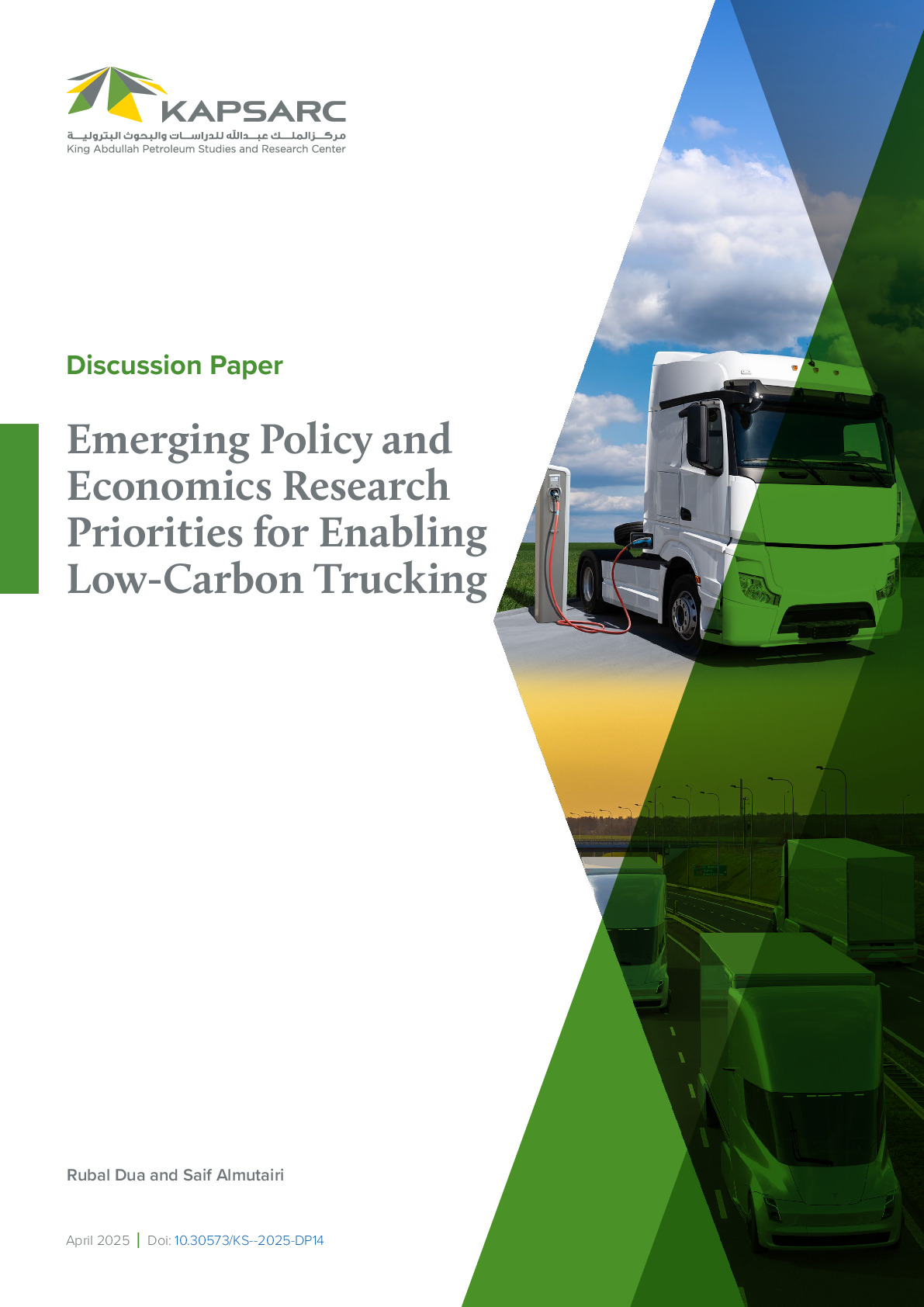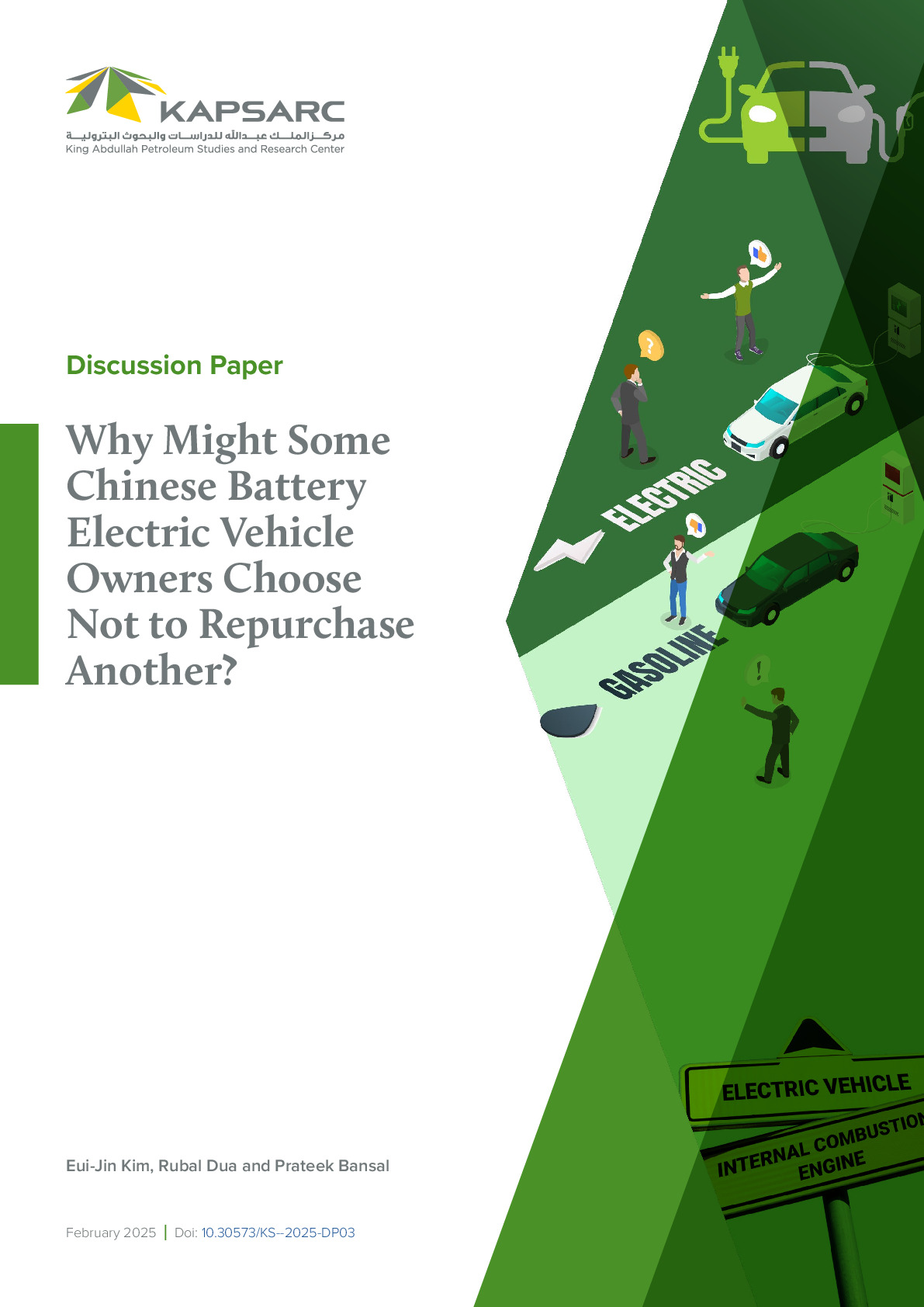Conventional counterfactuals used in literature may underestimate fuel savings from clean vehicle adoption, thus overestimating the costs of securing associated environmental benefits. Using a large-scale nationally representative sample of U.S. new car buyers, we propose a choice model-based counterfactual approach to predict what consumers would purchase if clean vehicles were unavailable. We find that gasoline consumption under a no clean vehicle scenario increases by 1.7%, compared with 1.1% based on a conventional counterfactual. The conventional counterfactual overestimates the cost of gasoline savings from clean vehicle adoption incentives by $1.16 (27%) per gallon compared with the choice model-based counterfactual. © 2018 Elsevier Ltd




